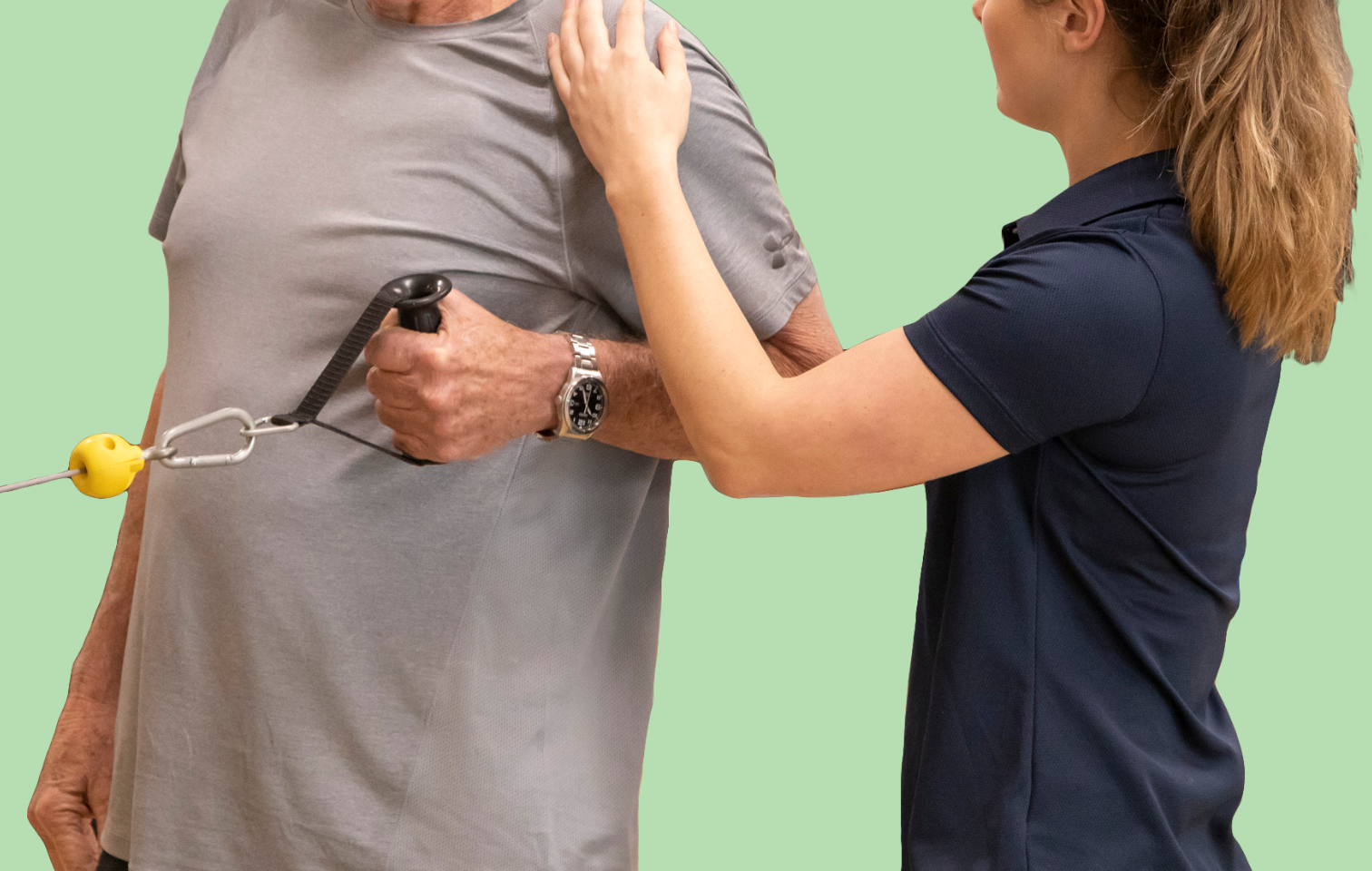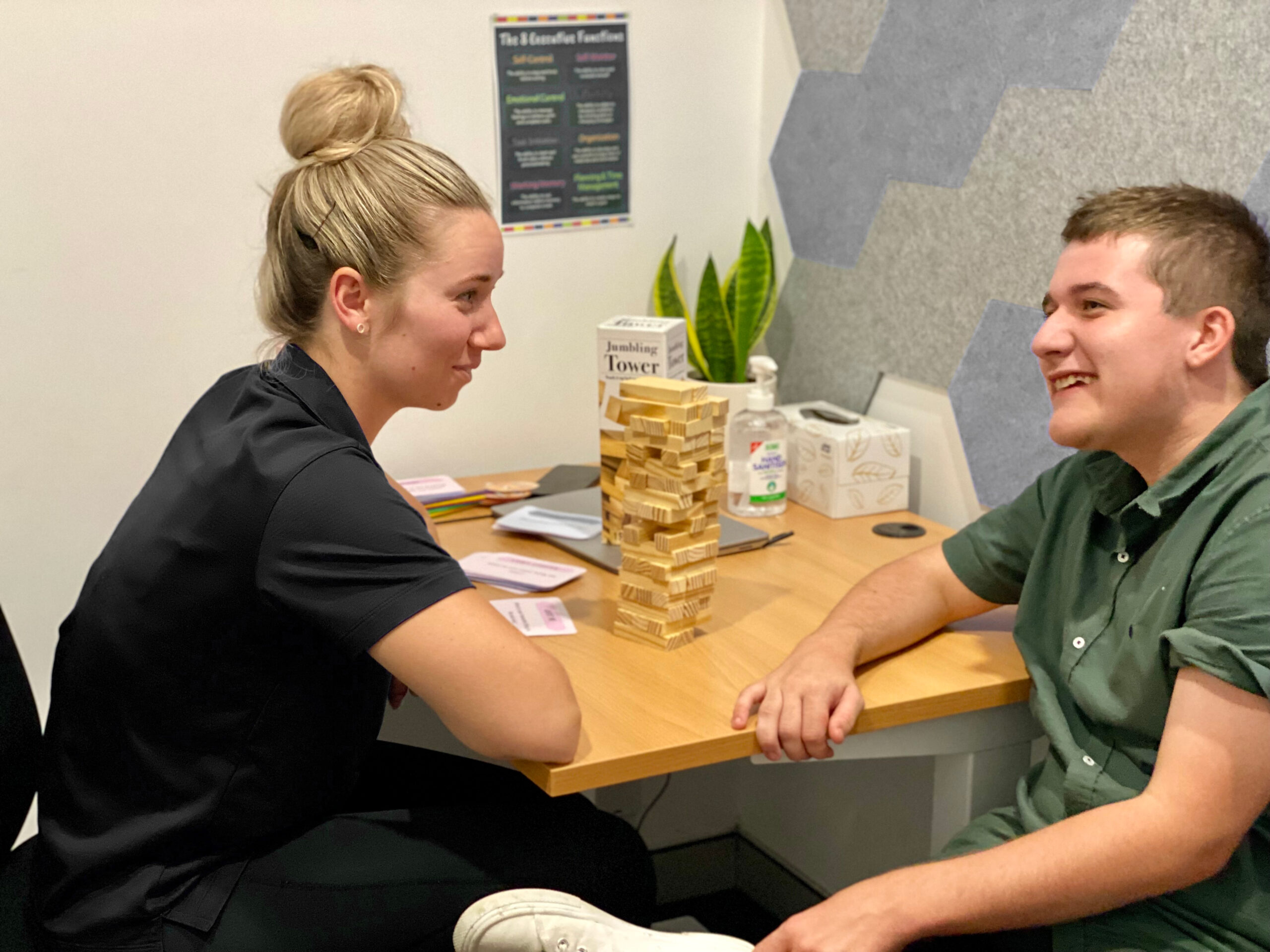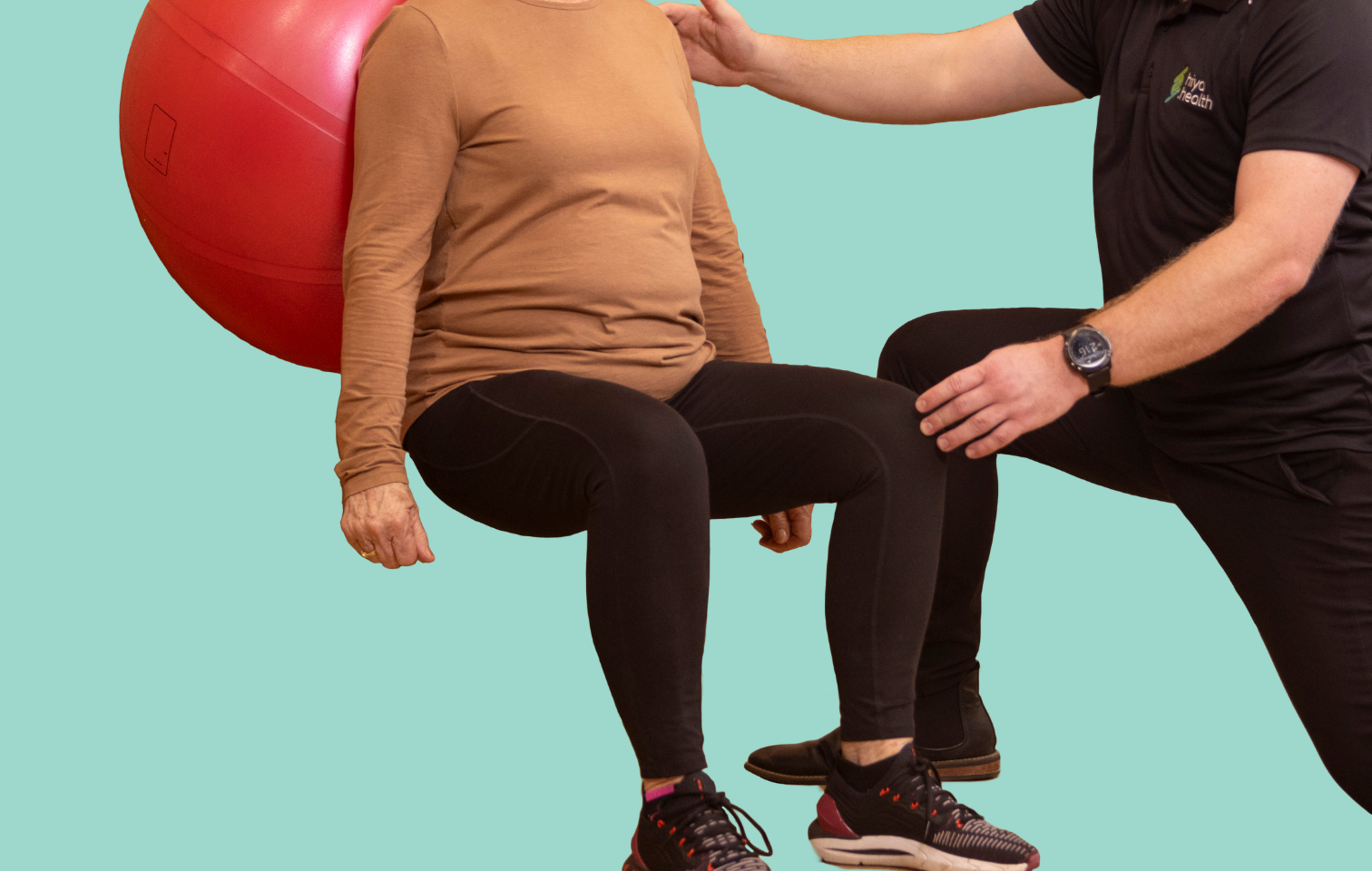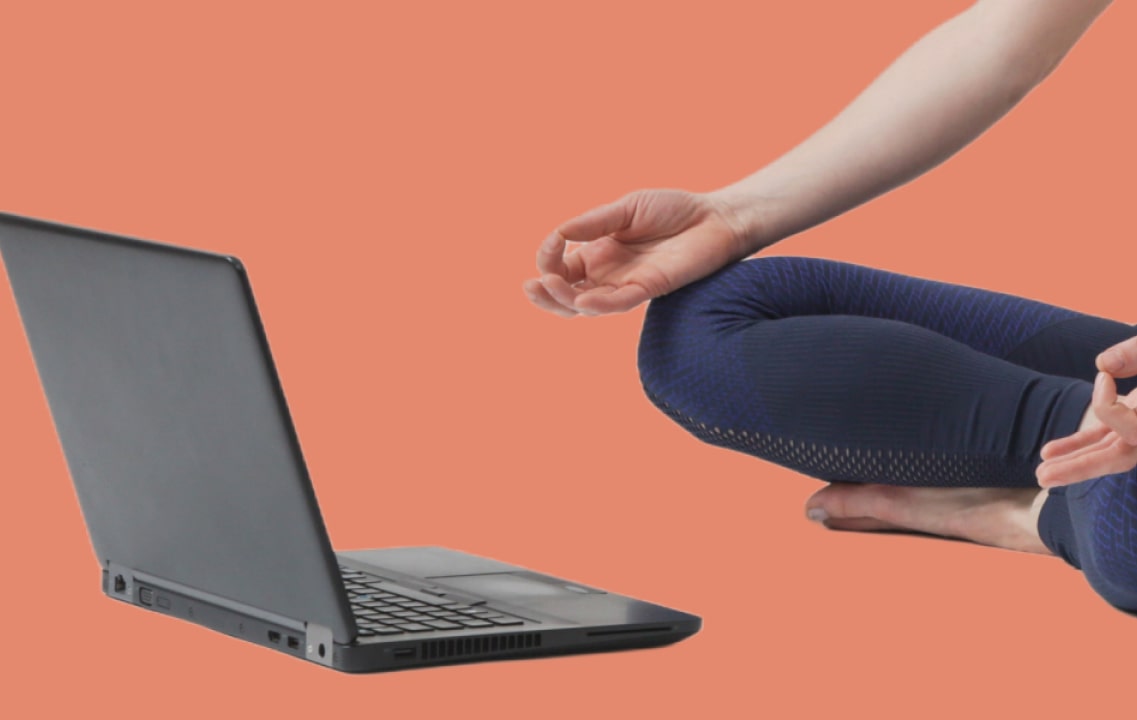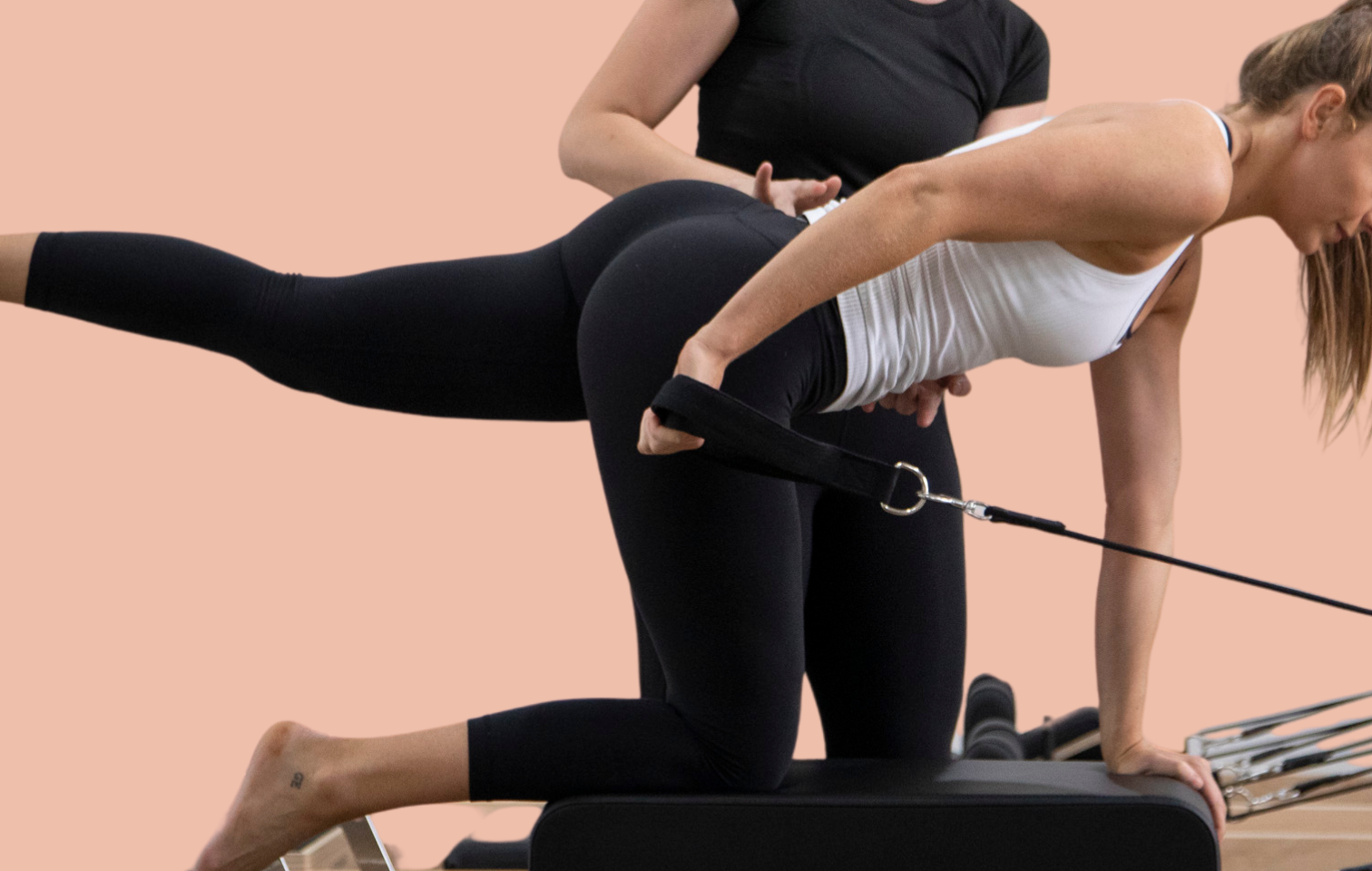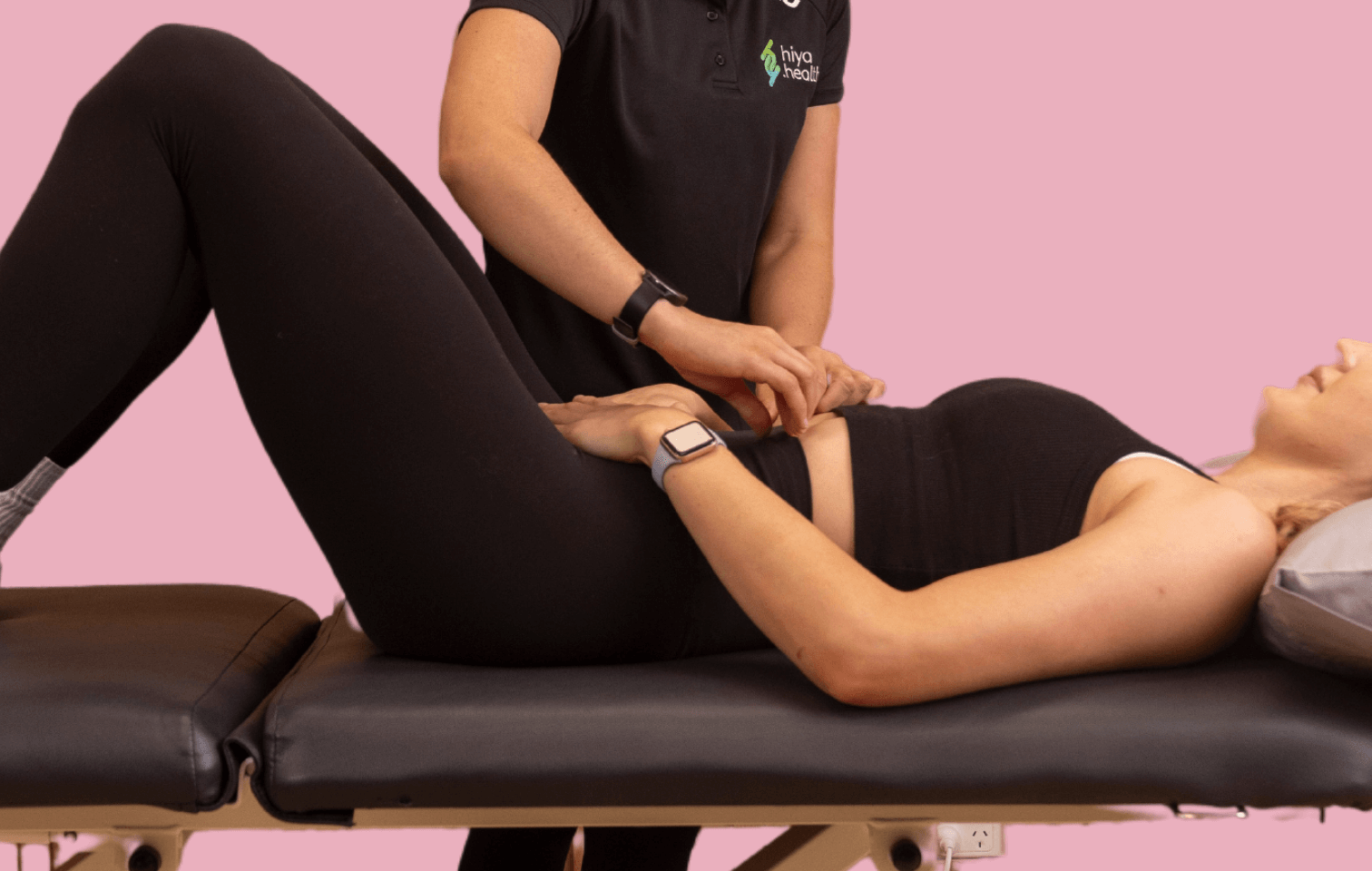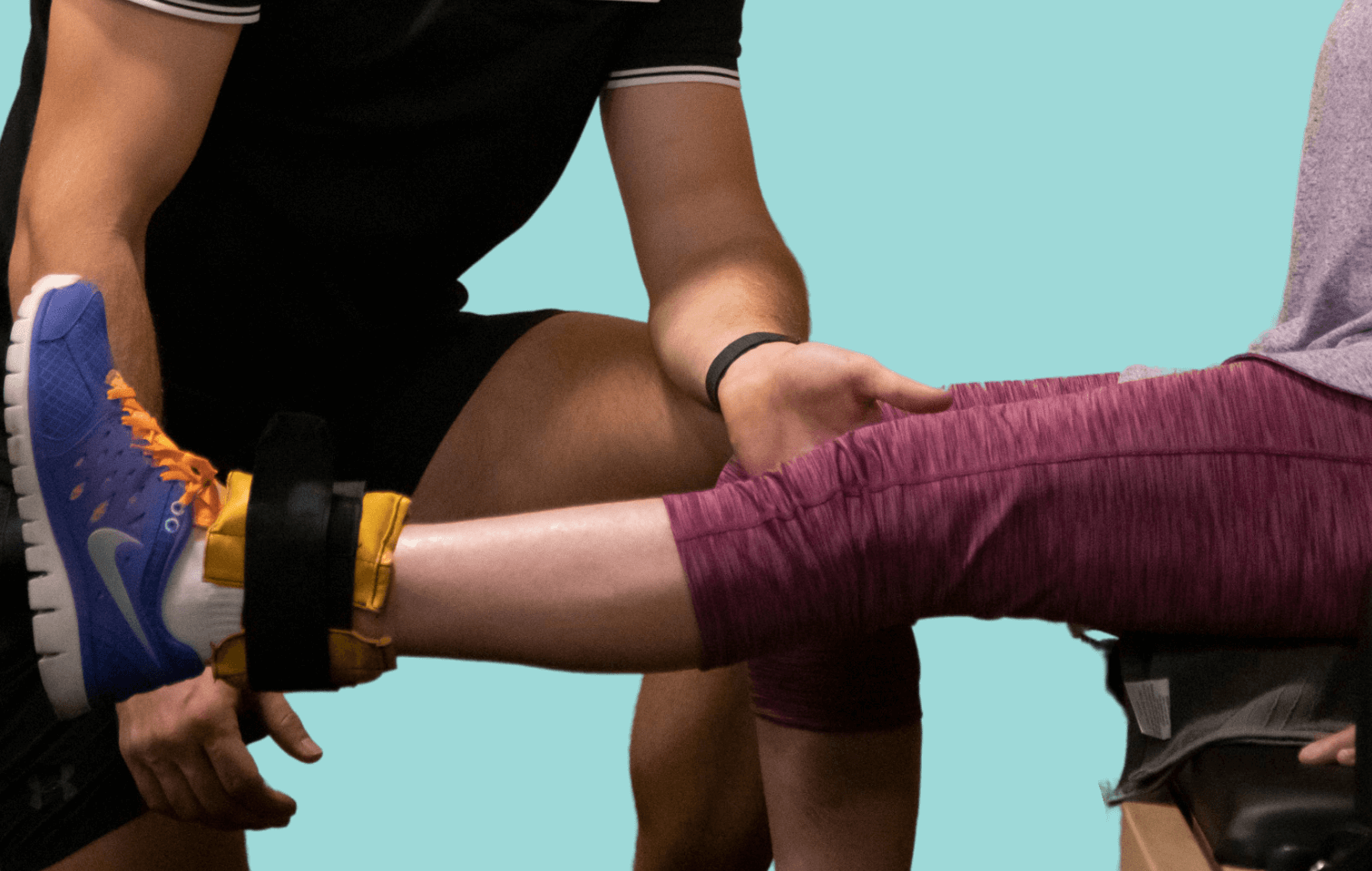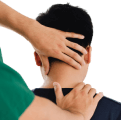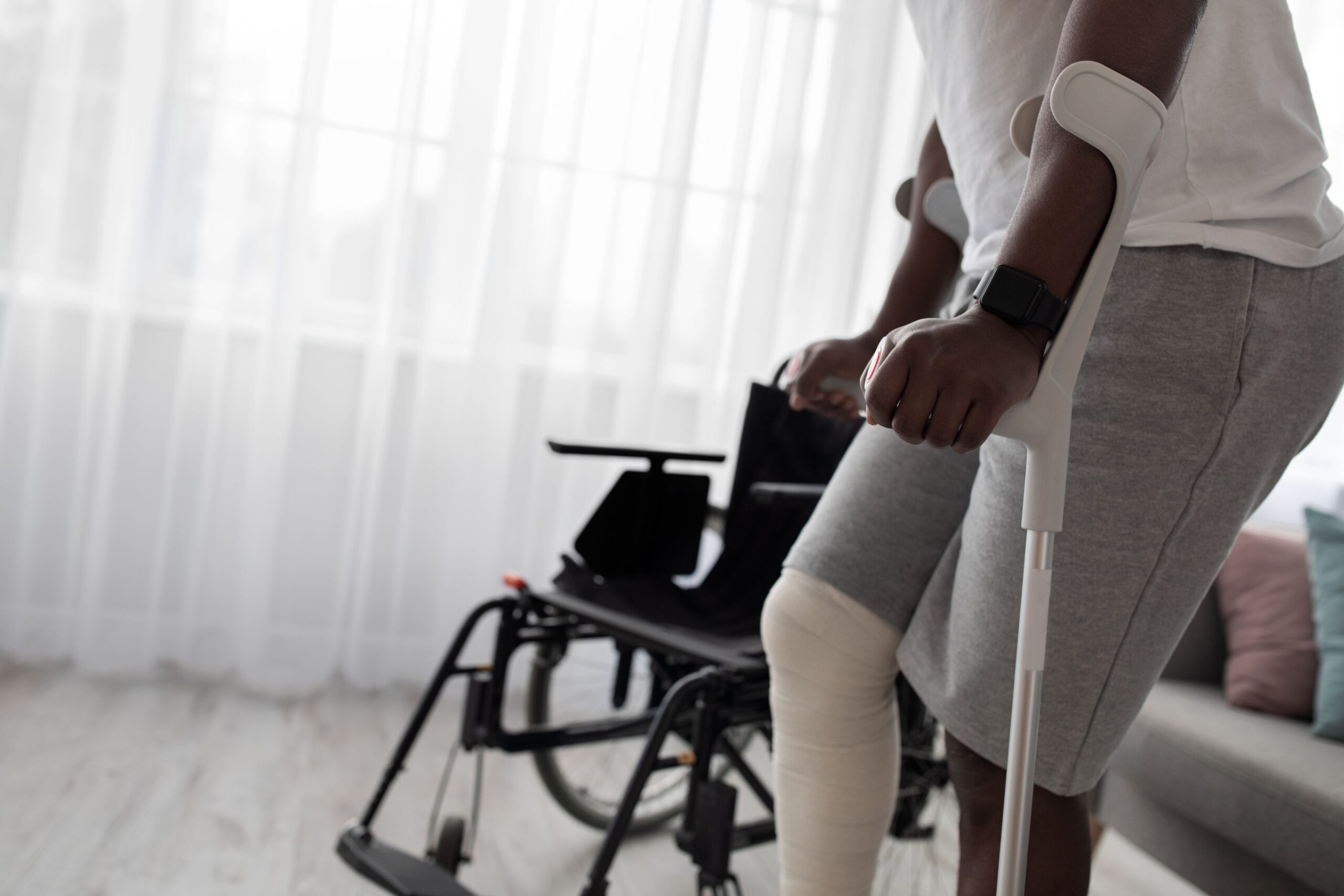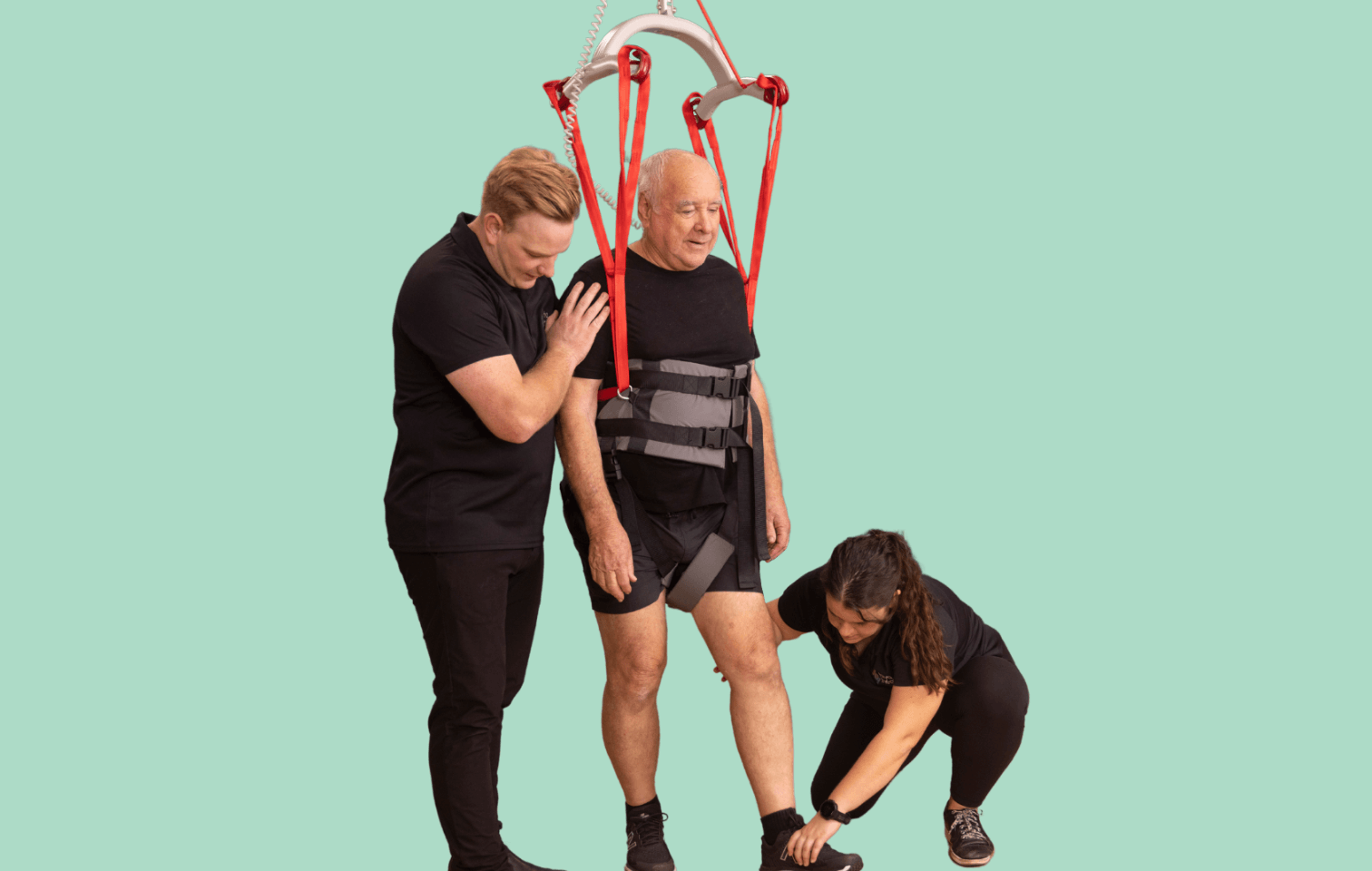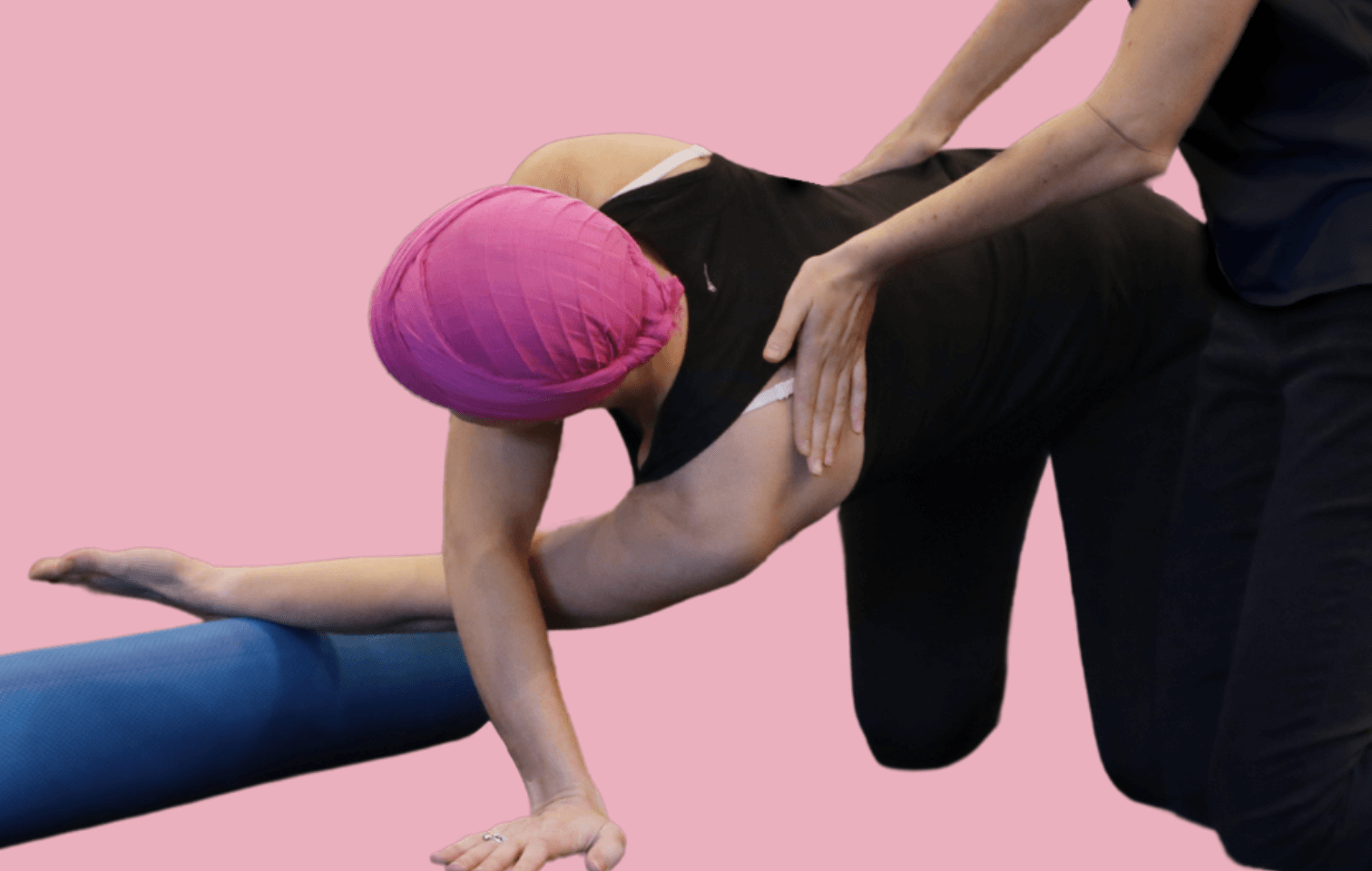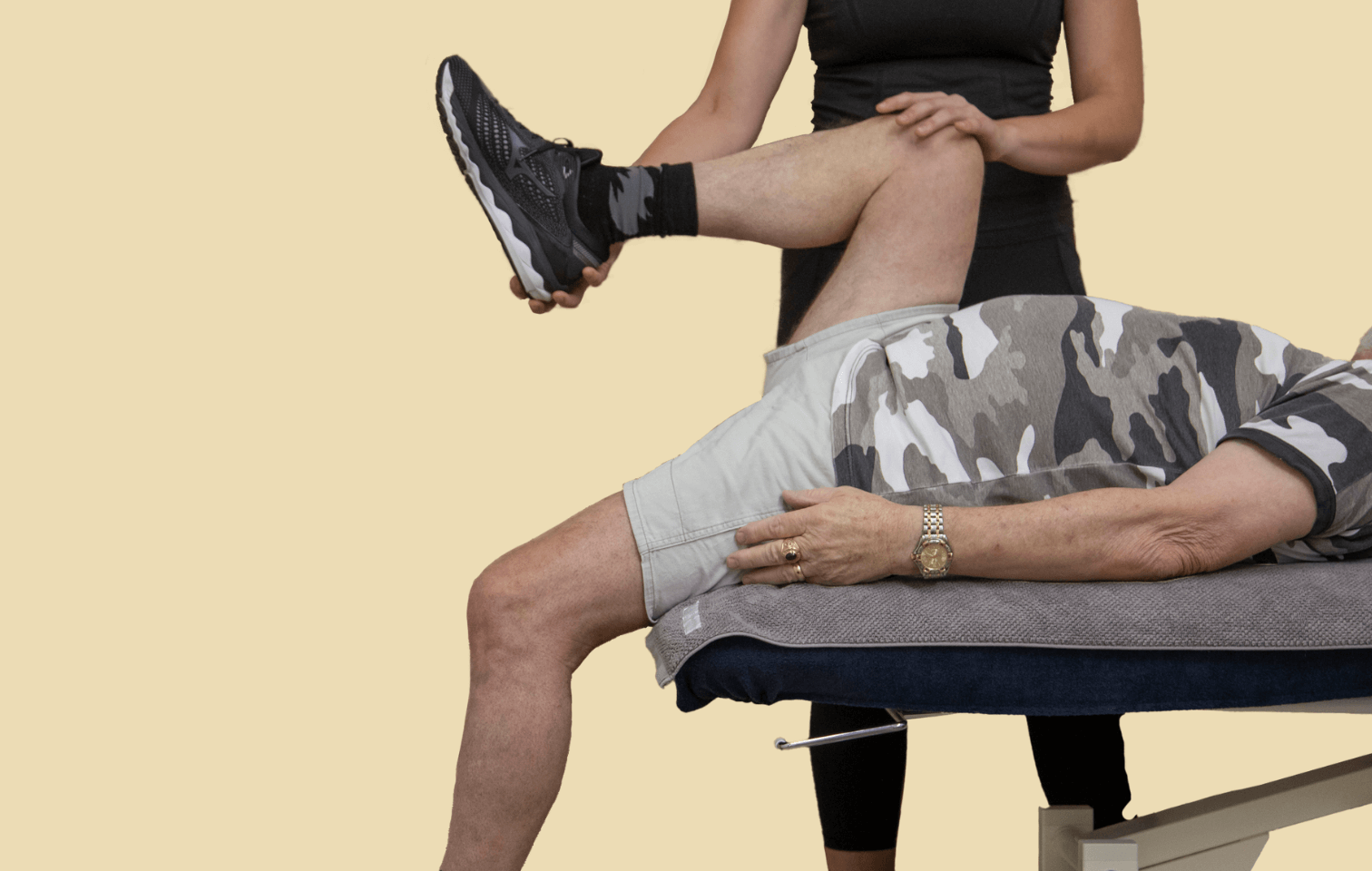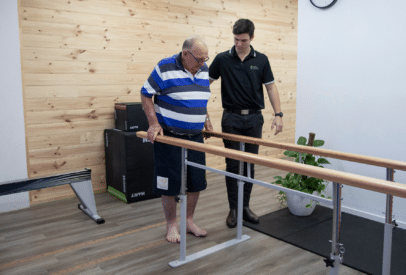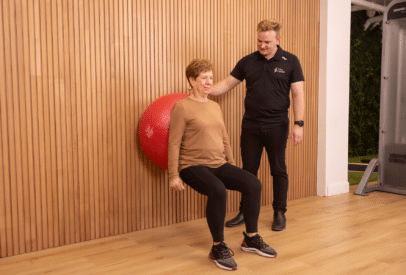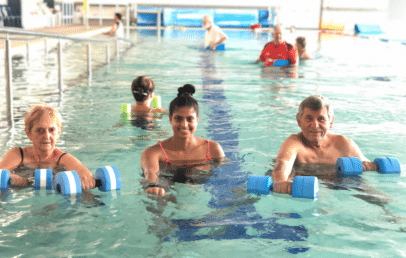Physiotherapy for Scoliosis
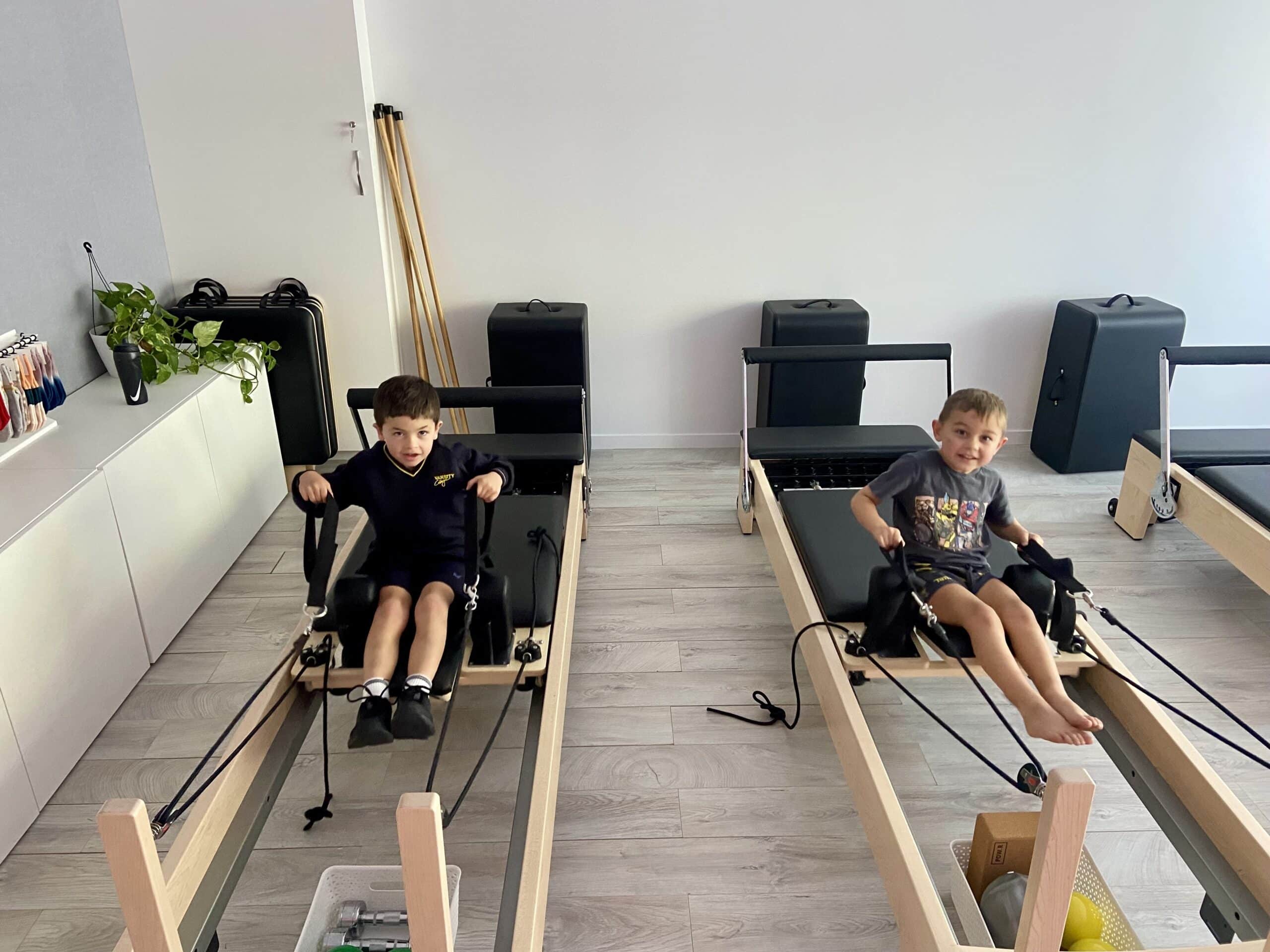
Scoliosis is the lateral curvature and rotation of the spine, it is most often diagnosed in Adolescents, however the cause of the most common childhood scoliosis Adolescent Idiopathic Scoliosis is unknown. Idiopathic Scoliosis accounts for 80% of diagnosed scoliosis cases.(Choudhry et al., 2016)
Most cases of scoliosis are mild and can be treated through posture realignment exercises or the usage of a brace. Children should be monitored closely, usually with X-Rays to ensure the curve does not worsen over time. Severe scoliosis can be disabling and in extreme cases a severe spinal curve can reduce the amount of space within the chest, making it difficult for the lungs to function properly. It can also lead to chronic pain as an adult if left untreated. Some children may need to wear a brace to stop the curve from worsening. Others may need surgery to straighten more serious curves.
Symptoms of Scoliosis to Look out for
- Uneven shoulder heights
- Rib cage more prominent on one side
- Shoulder blade not sitting flat against rib cage
- Uneven hip heights
- A prominence on one side of the back when bending forward
Causes of Scoliosis
Although there is no known cause for the most common type of Scoliosis, it is thought to be hereditary, due to it tending to run in families. Other less common causes include conditions such as
- neuromuscular conditions, such as cerebral palsy or muscular dystrophy
- Birth defects affecting the development of the bones of the spine
- Previous surgery on the chest wall as a baby
- Injuries to or infections of the spine
- Spinal cord irregularities
What can Physiotherapy and Exercise Physiology do to help with Scoliosis?
Early detection and treatment are crucial to the management of scoliosis symptoms and prevention of a worsening curvature of the spine. Mild forms of scoliosis can be treated with postural correction techniques, stretches and exercises to strengthen the spine.
Physiotherapists and Exercise Physiologists are trained to screen and manage the symptoms of scoliosis, they have an in depth understanding of musculoskeletal disorders and have access to appropriate referral networks. After a thorough initial assessment they will be able to create an individualised exercise program to help manage the scoliosis and prevent symptoms from worsening. They will also be able to provide guidance and education for management on going.
If you are interested in booking in an initial assessment, please contact us.
Subscribe to e-news
Receive the latest health tips and news straight to your inbox

